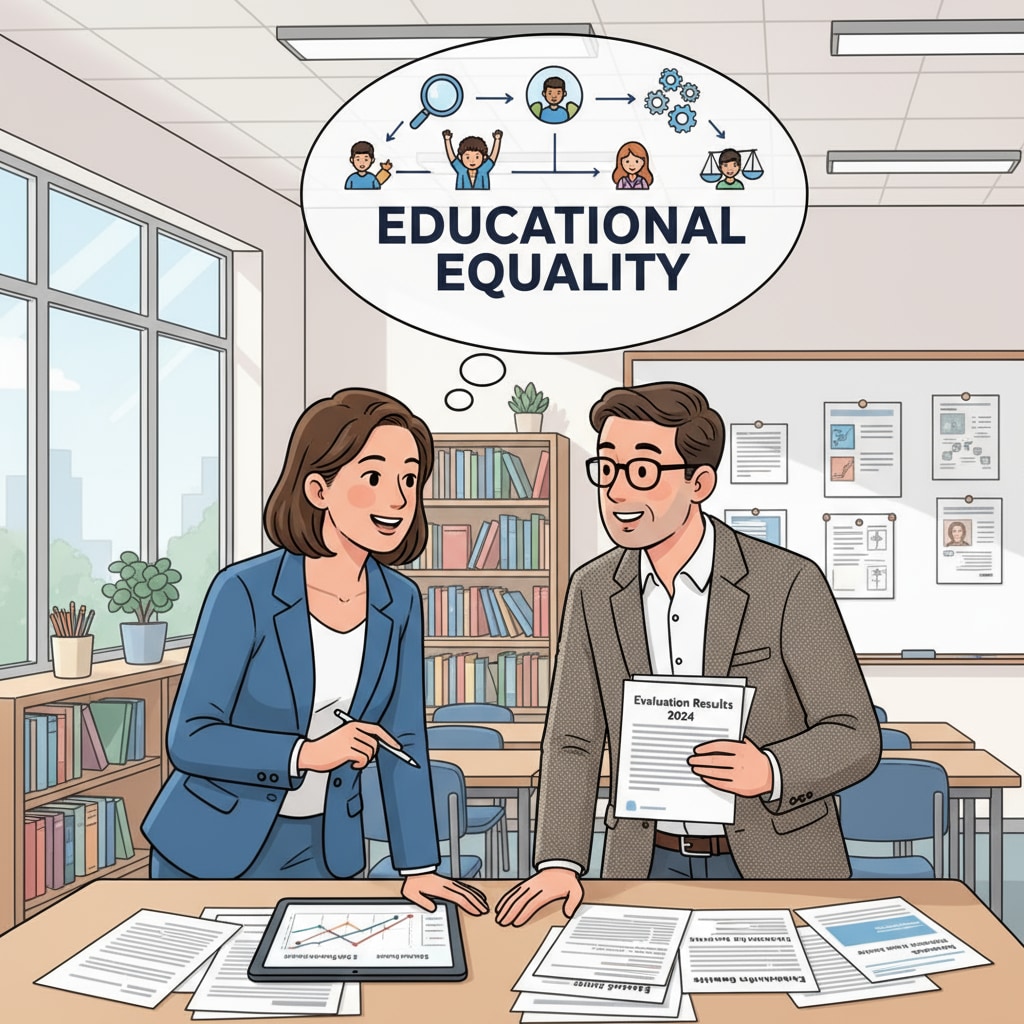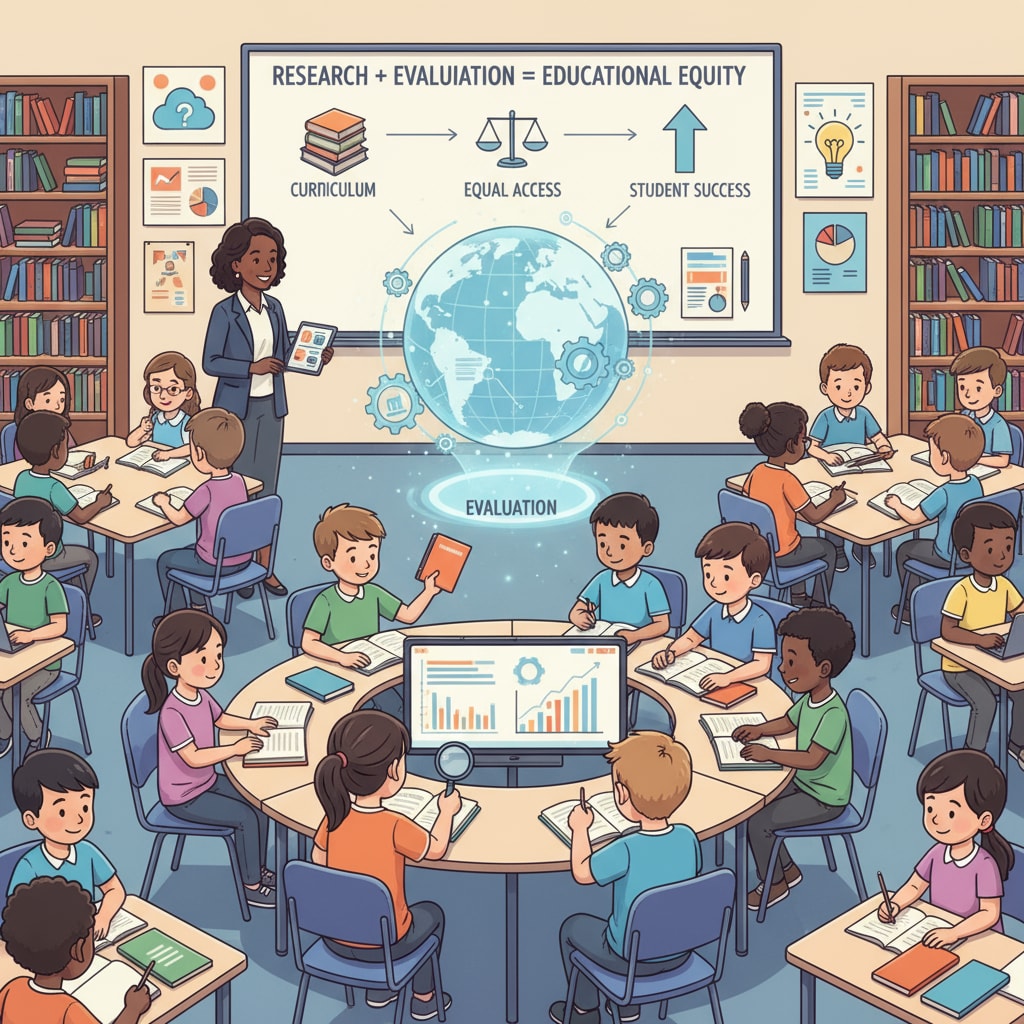Research, evaluation, and educational social inequality are intertwined concepts that play a crucial role in shaping the K12 education landscape. In this article, we will delve into their relationship and how they can be harnessed to drive positive change in education.

The Link Between Research and Evaluation in Education
Research in education is the process of systematically gathering and analyzing data to gain insights into educational phenomena. It helps us understand what works, what doesn’t, and why in the field of education. Evaluation, on the other hand, is the process of making judgments about the value, effectiveness, or worth of an educational program, policy, or practice. It uses research findings to determine the impact and quality of educational initiatives.
These two concepts are closely related. Research provides the evidence base for evaluation. Without research, evaluation would lack the necessary data and understanding to make informed judgments. Conversely, evaluation can guide research by identifying areas that need further investigation. For example, if an evaluation shows that a particular teaching method is not effective, research can be conducted to explore alternative approaches. Educational research on Wikipedia
Research and Evaluation as Tools to Address Educational Social Inequality
Educational social inequality refers to the disparities in educational opportunities, outcomes, and resources among different social groups. Research and evaluation can be powerful tools in reducing these inequalities. Research can identify the root causes of educational inequality, such as socioeconomic status, race, or gender. By understanding these causes, policymakers and educators can develop targeted interventions.
Evaluation, on the other hand, can measure the effectiveness of these interventions. It can determine whether a program designed to improve educational access for disadvantaged students is actually achieving its goals. For instance, an evaluation might assess whether a scholarship program is increasing the enrollment of low-income students in higher education. Educational inequality on Britannica

Moreover, research and evaluation can also help in the allocation of resources. By identifying areas of greatest need, resources can be directed to where they are most effective in reducing educational inequality.
Readability guidance: As we can see, research and evaluation have distinct yet complementary roles in the fight against educational social inequality. By working together, they can lead to more informed decision-making and more effective educational policies and practices.


